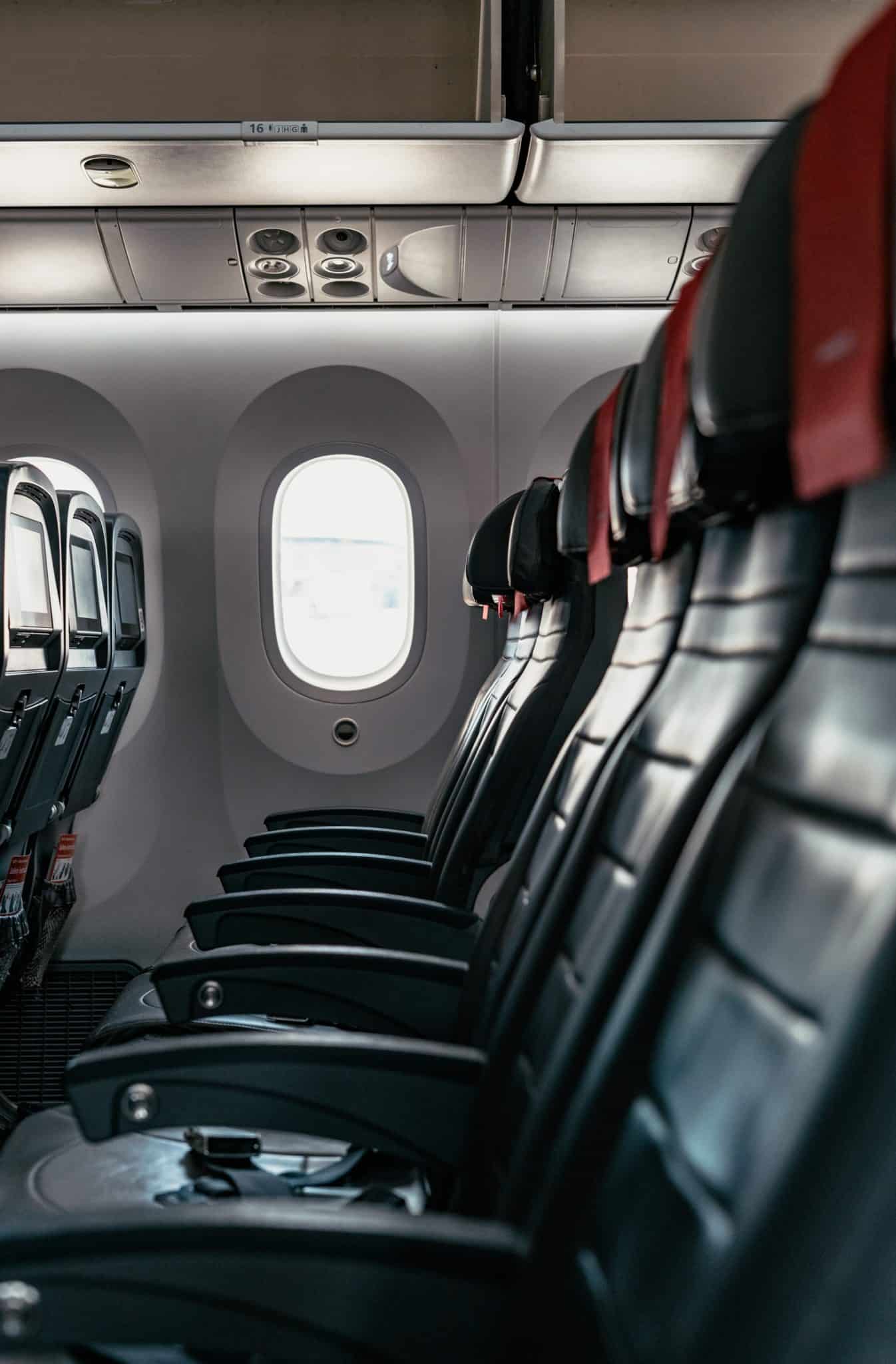
Zachary Boullt is a student at Harvard Law School.
Employers that have prevented employees from wearing Black Lives Matter masks have been facing protest and criticism. Whole Foods, Trader Joe’s, Taco Bell, Starbucks, and others have faced boycotts for disciplining employees wearing the masks or other Black Lives Matter clothing or for enforcing dress code policies preventing such clothing. A Costco employee in Chicago was told to stop wearing a Black Lives Matter mask despite the employee handbook simply saying that employees must be “neat, clean, and professional.” Taco Bell and Starbucks reversed their policies after facing public criticism, with Taco Bell allowing the masks and Starbucks mass-producing Black Lives Matter t-shirts for employees. Whole Foods has faced protests in Cambridge, Massachusetts, as well as other states, for their restrictions toward Black Lives Matter masks and attire despite their public statements of support for the movement.
As coronavirus cases and hospitalizations in Texas continue to climb and worsen, the state’s unemployment provisions extending benefits for high unemployment rates have triggered. The extra seven weeks triggered now add up to a potential total of 59 weeks of additional benefits. The extra benefits were triggered by the state’s unemployment rate of 13% in May. However, if the unemployment rate were to fall again, then these extra benefits would disappear.
As the July 31 end date for the enhanced additional $600 federal unemployment benefits draws closer, Labor Secretary Eugene Scalia has publicly stated that he believes the benefits are no longer needed. He compared the size of the payment to the $25 per week payment made during the Great Recession. Legislation extending the benefits has been rejected by Republicans in the Senate.
Many employers have begun citing high costs, logistics, and employee privacy concerns as to why they are not actively testing employees for coronavirus as part of their reopening plans. Diagnostic tests start at around $100 each. Disney is an example of a company that has opted for distancing and face coverings over employee testing, but the Disney parks’ live actors have protested and demanded screenings before returning to work. Many nursing homes have mandatory testing requirements, but they are struggling with the rising testing bill. Uncertainties around the antibody tests and what type of immunity antibodies grant has removed rampant antibody testing as a possible solution, as the EEOC has issued a statement that employers cannot require antibody tests. Some employers are stating that mass employee testing has limited usefulness due to the results only being good for that single moment in time, while others are stating that the testing feels like an invasion of medical privacy, with a Suffolk Construction executive comparing the employer-mandated tests to “Big Brother.”
Though summer travel has slowly increased the number of airline flights, many airline jobs are still in danger. While airlines that have taken federal payroll support under the CARES Act cannot do involuntary layoffs and furloughs until after September 30, that deadline is quickly approaching. Meanwhile, carrier plans and investment firm data shows that many fleets are going to be retired, which will jeopardize jobs. However, no U.S. airlines are close to bankruptcy or running low on cash. Unions are demanding that Congress extend the payroll support until March 2021 to prevent mass layoffs in October. The Allied Pilots Association wants the government to buy empty airline seats to ensure social distancing.






Daily News & Commentary
Start your day with our roundup of the latest labor developments. See all
February 25
OSHA workplace inspections significantly drop in 2025; the Court denies a petition for certiorari to review a Minnesota law banning mandatory anti-union meetings at work; and the Court declines two petitions to determine whether Air Force service members should receive backpay as a result of religious challenges to the now-revoked COVID-19 vaccine mandate.
February 24
In today’s news and commentary, the NLRB uses the Obama-era Browning-Ferris standard, a fired National Park ranger sues the Department of Interior and the National Park Service, the NLRB closes out Amazon’s labor dispute on Staten Island, and OIRA signals changes to the Biden-era independent contractor rule. The NLRB ruled that Browning-Ferris Industries jointly employed […]
February 23
In today’s news and commentary, the Trump administration proposes a rule limiting employment authorization for asylum seekers and Matt Bruenig introduces a new LLM tool analyzing employer rules under Stericycle. Law360 reports that the Trump administration proposed a rule on Friday that would change the employment authorization process for asylum seekers. Under the proposed rule, […]
February 22
A petition for certiorari in Bivens v. Zep, New York nurses end their historic six-week-strike, and Professor Block argues for just cause protections in New York City.
February 20
An analysis of the Board's decisions since regaining a quorum; 5th Circuit dissent criticizes Wright Line, Thryv.
February 19
Union membership increases slightly; Washington farmworker bill fails to make it out of committee; and unions in Argentina are on strike protesting President Milei’s labor reform bill.